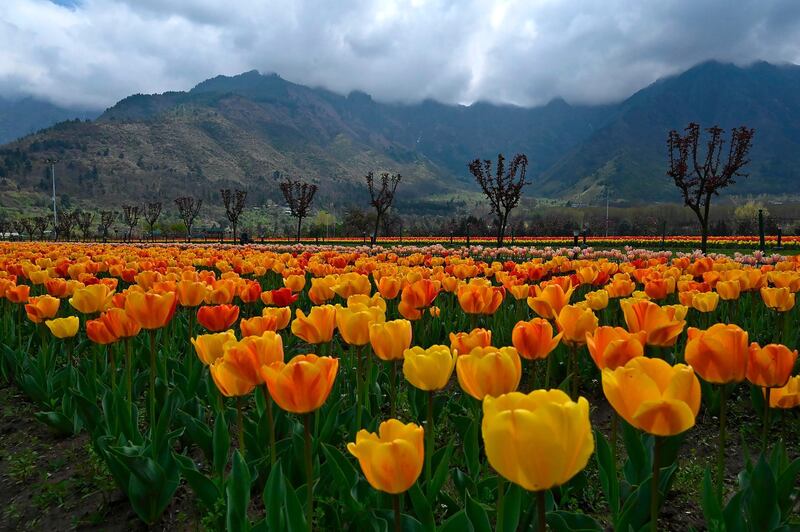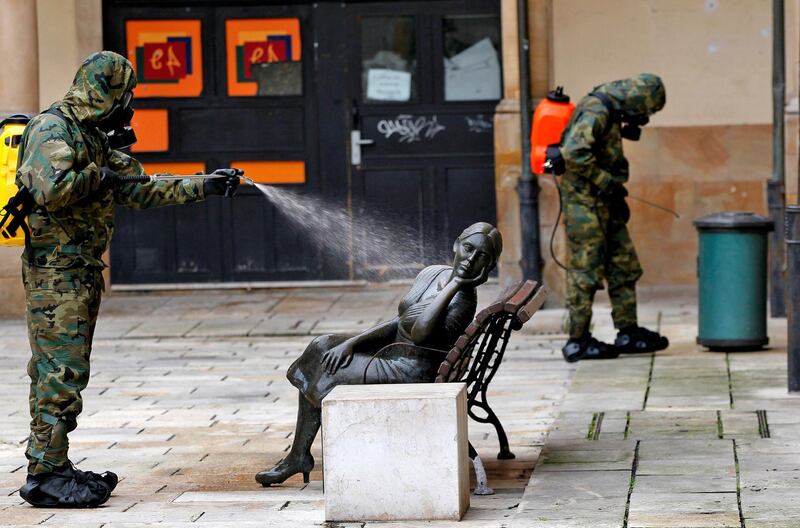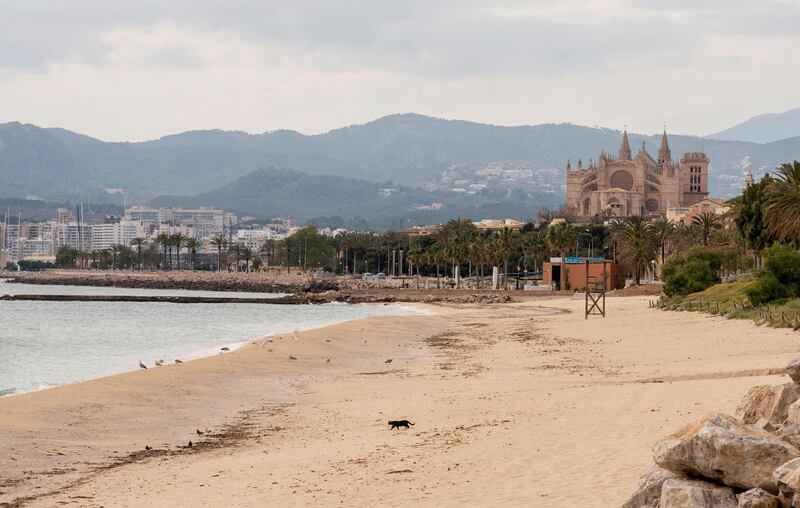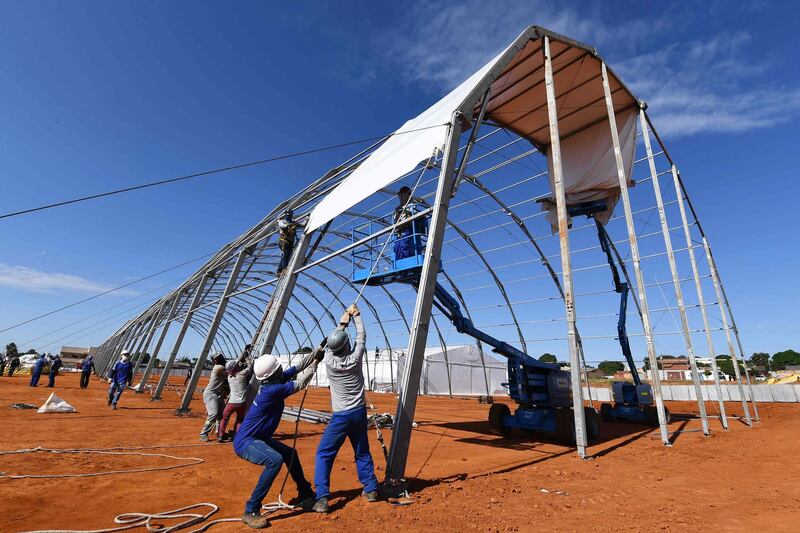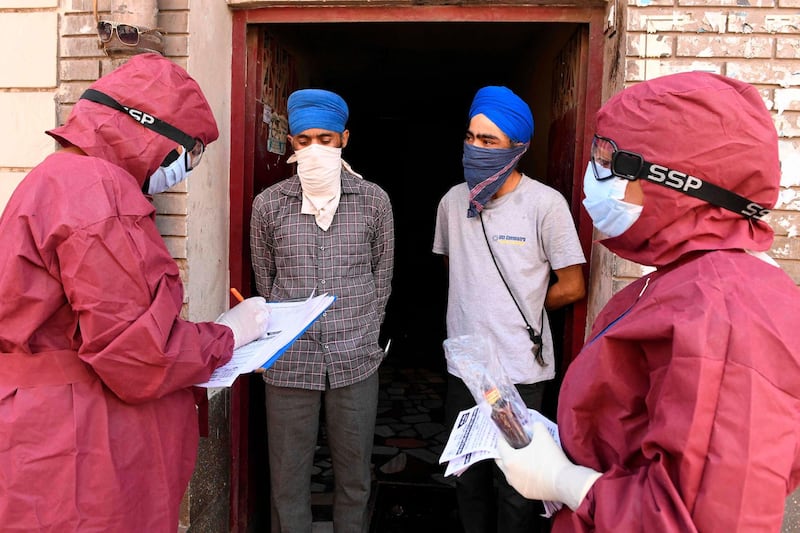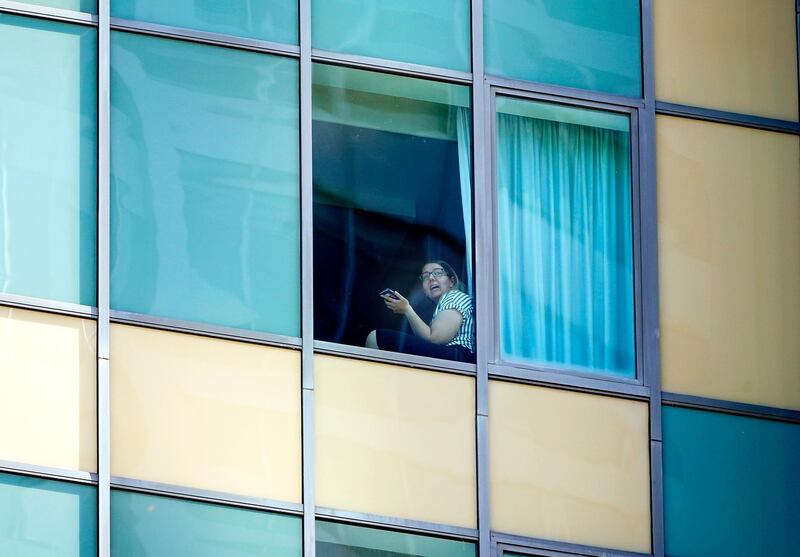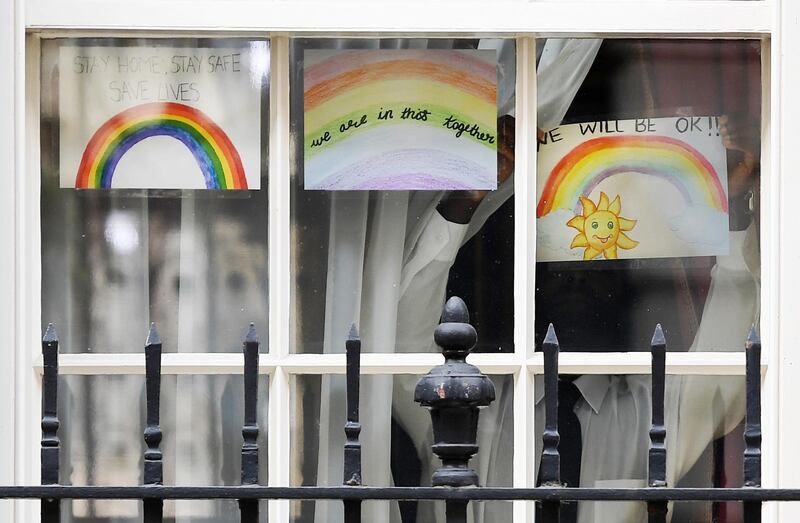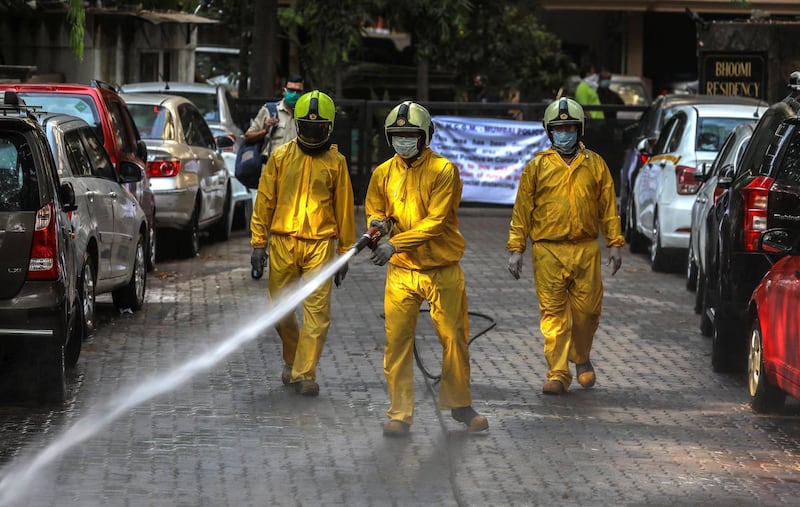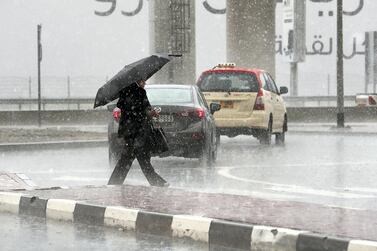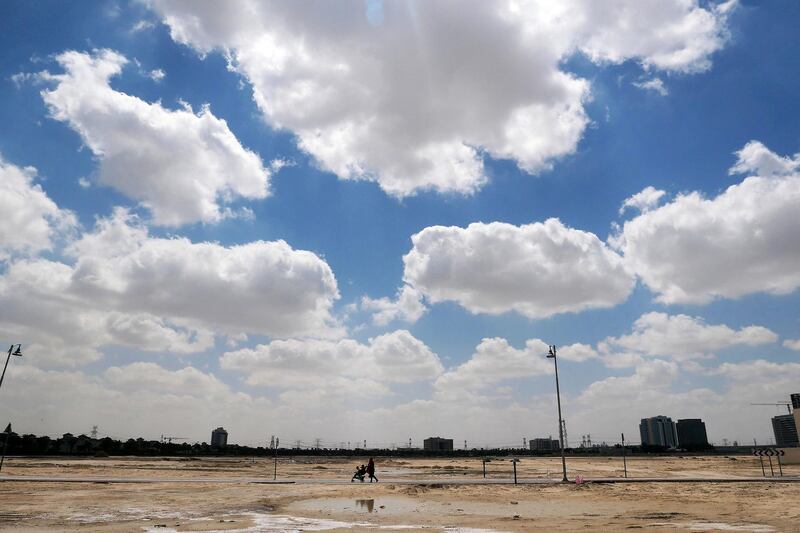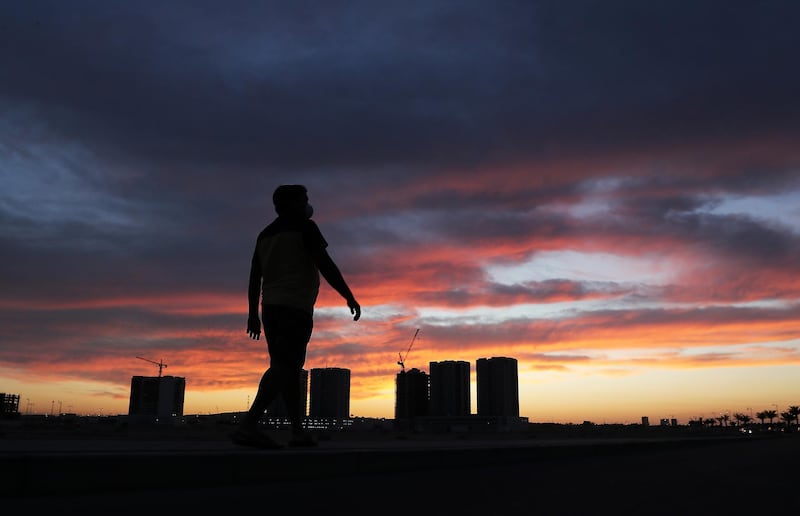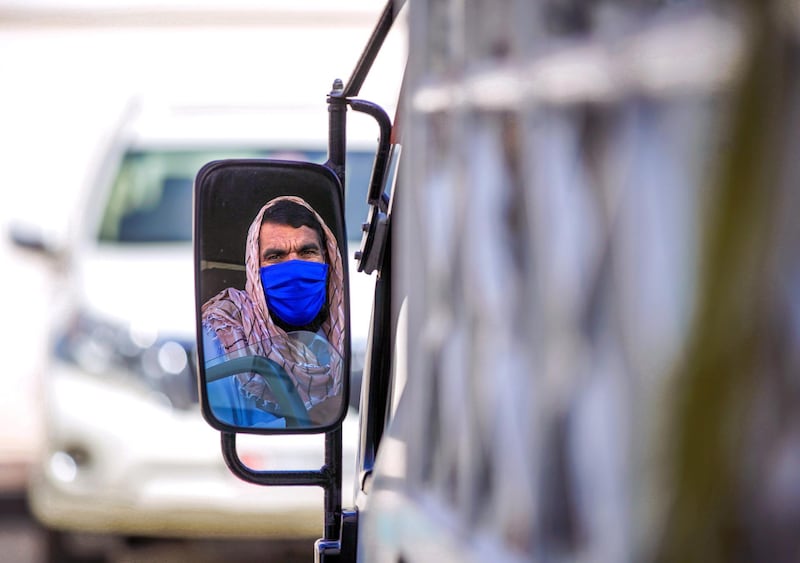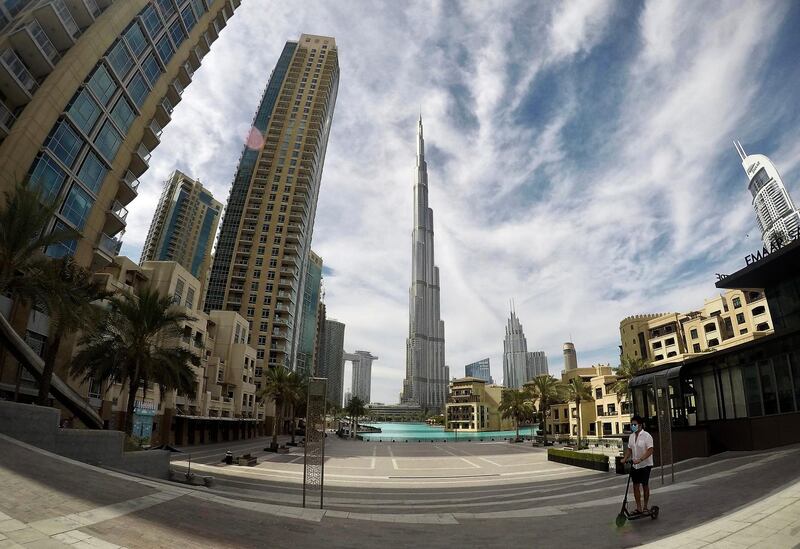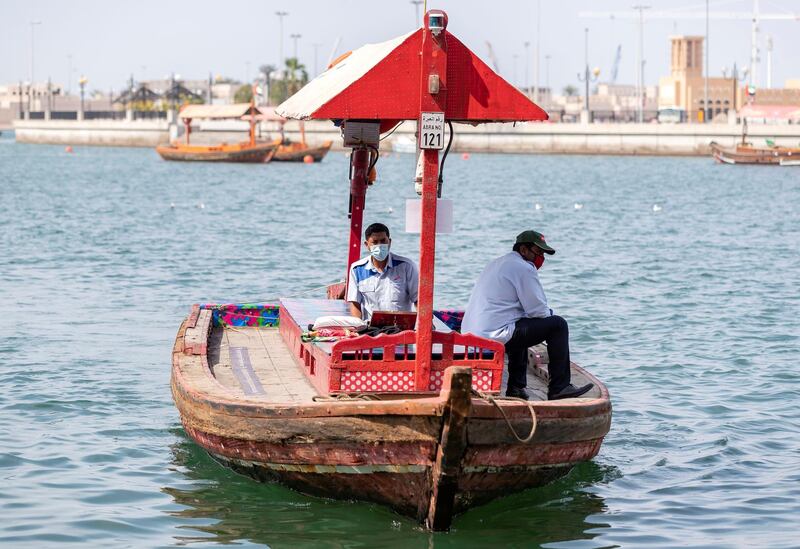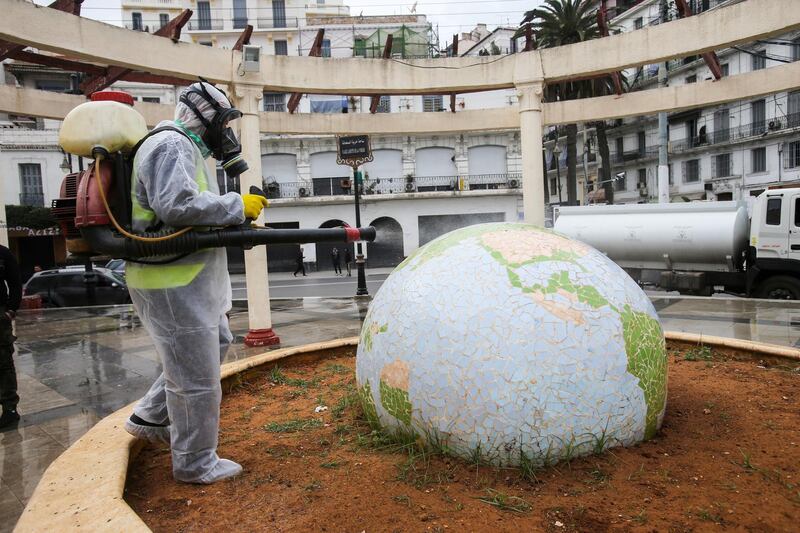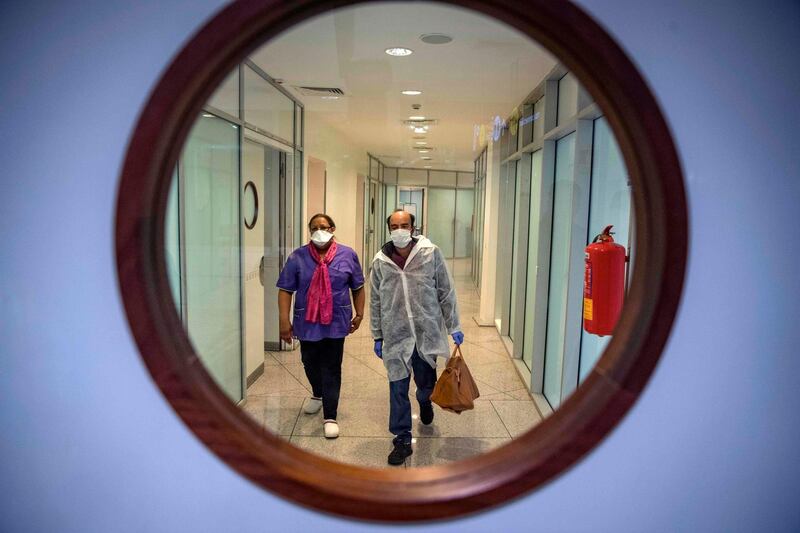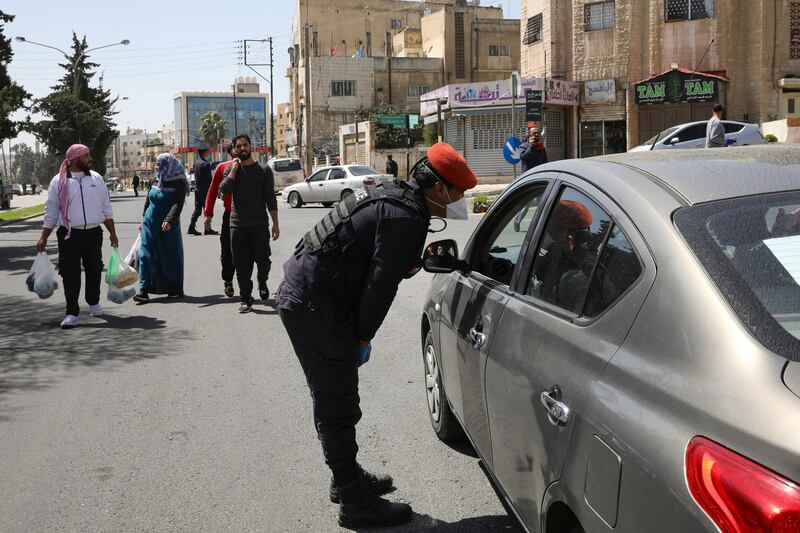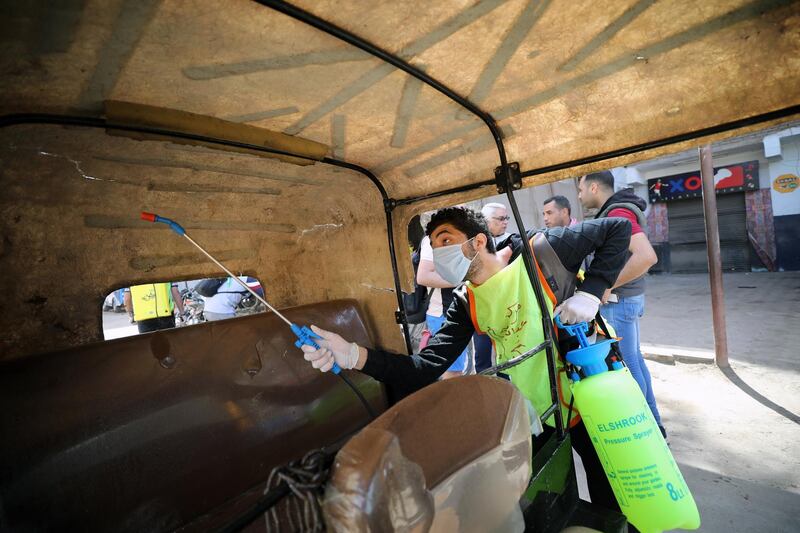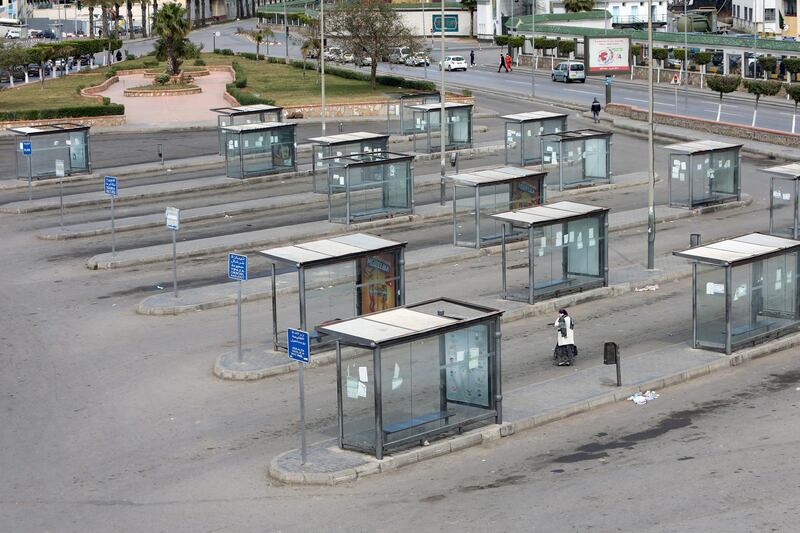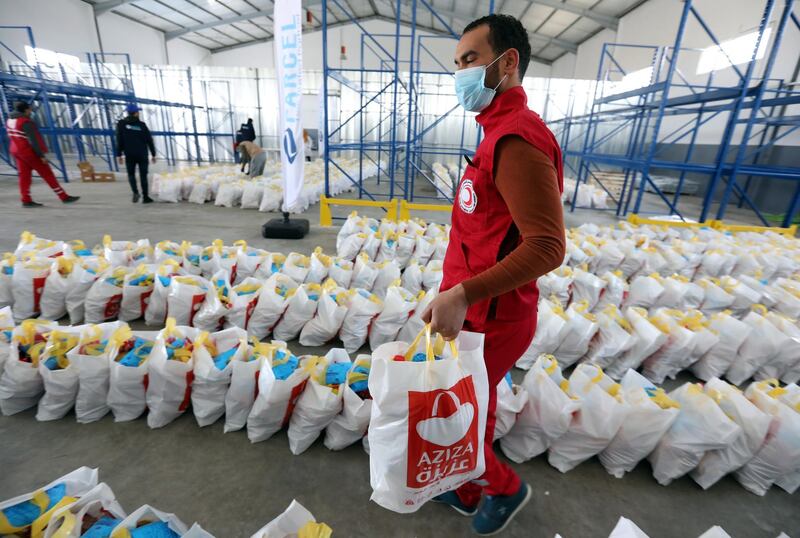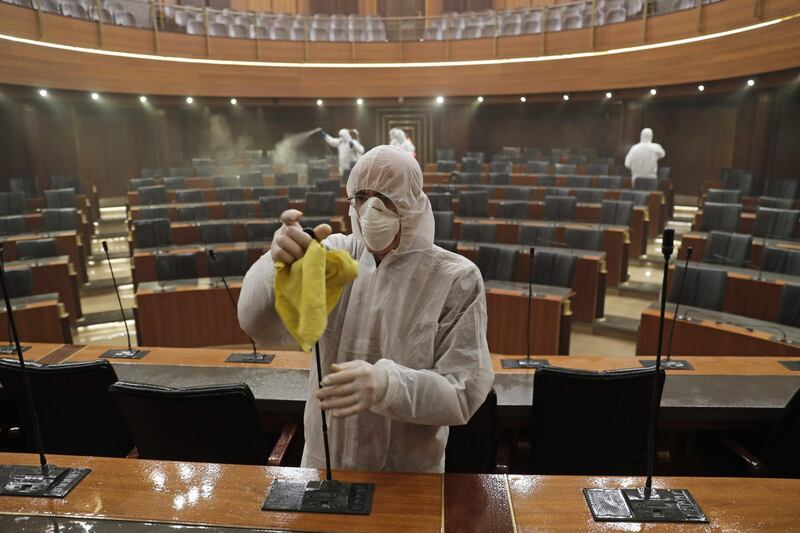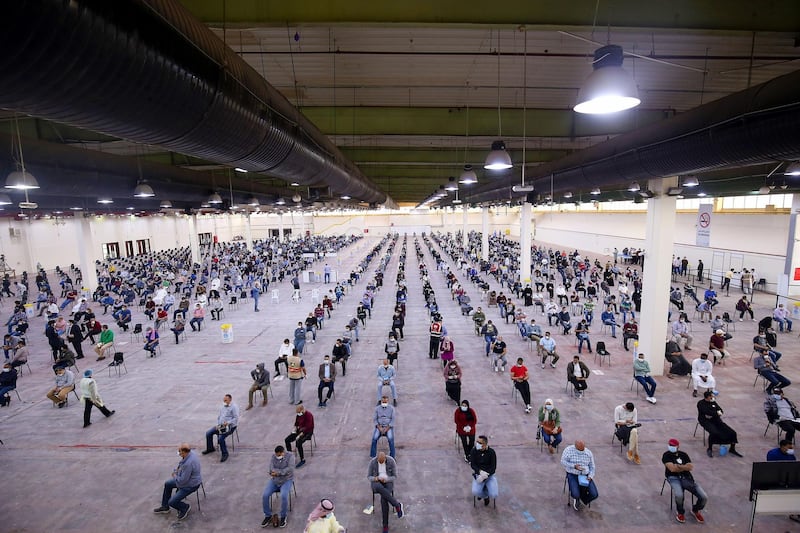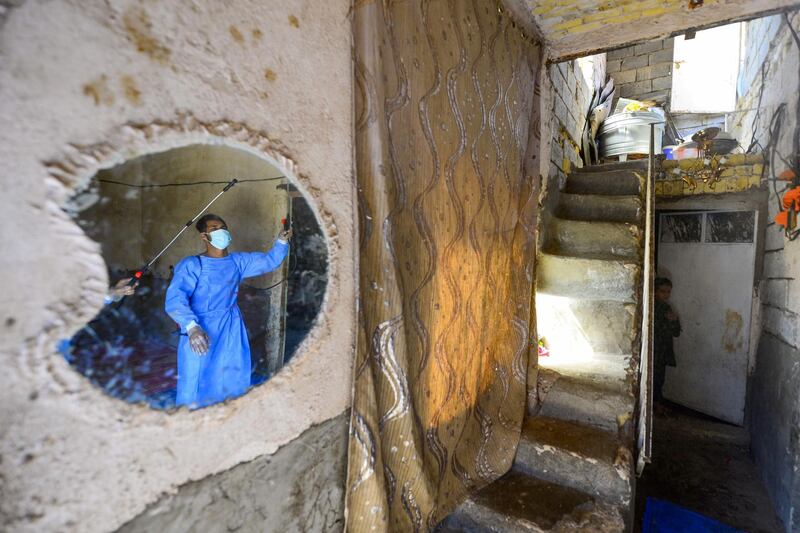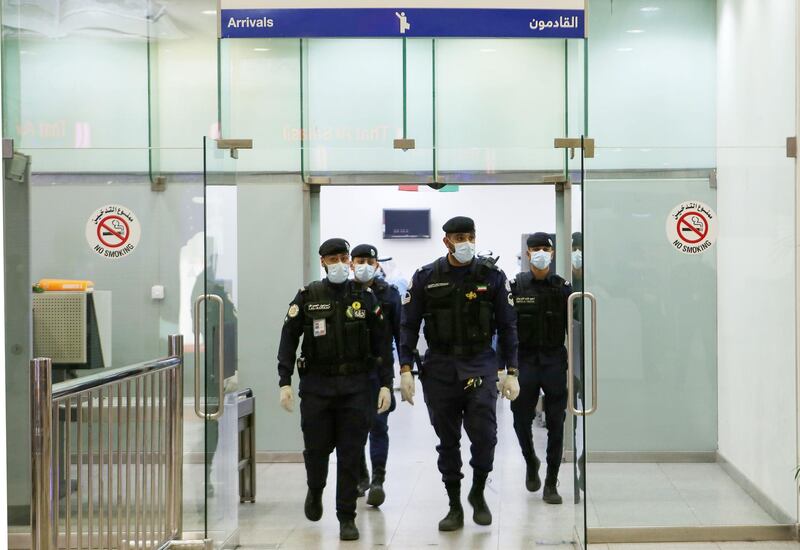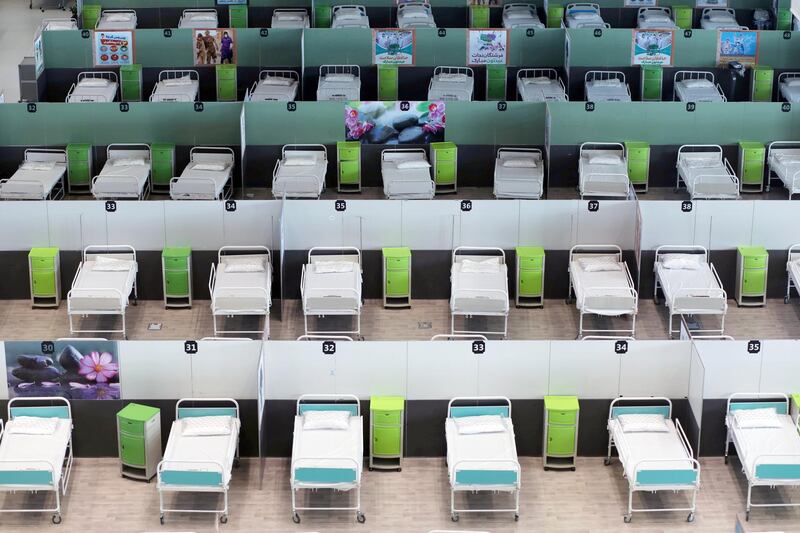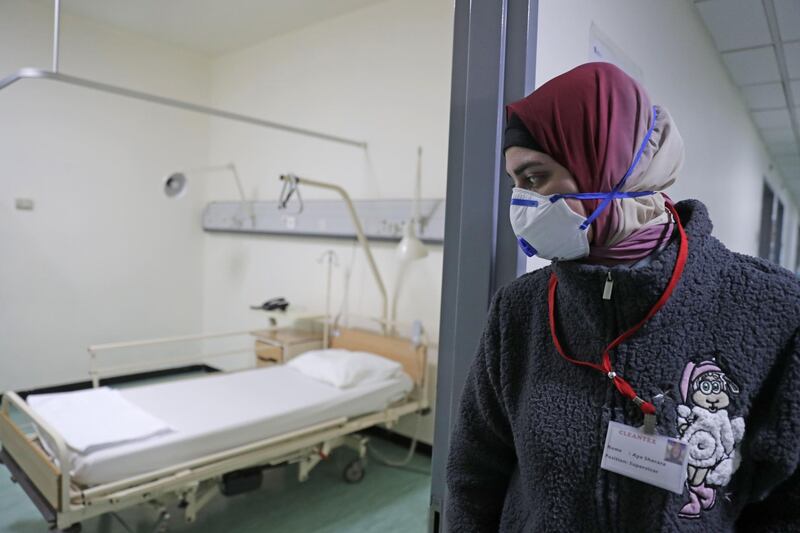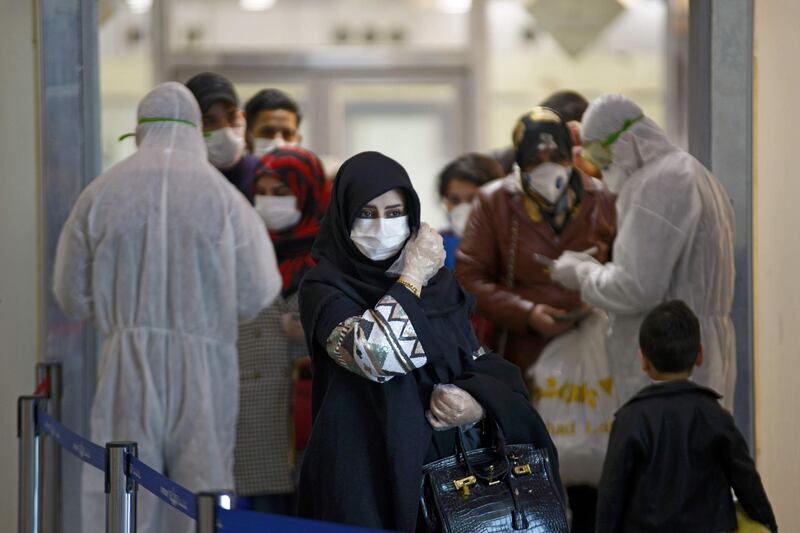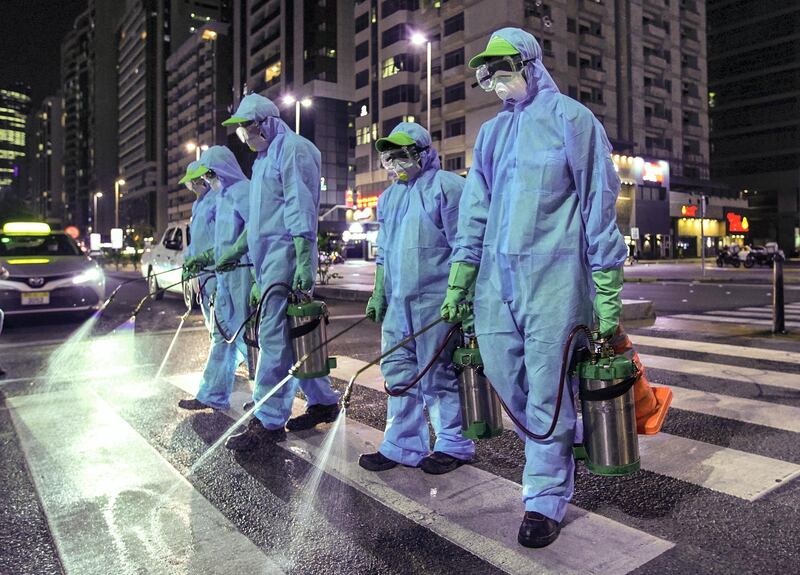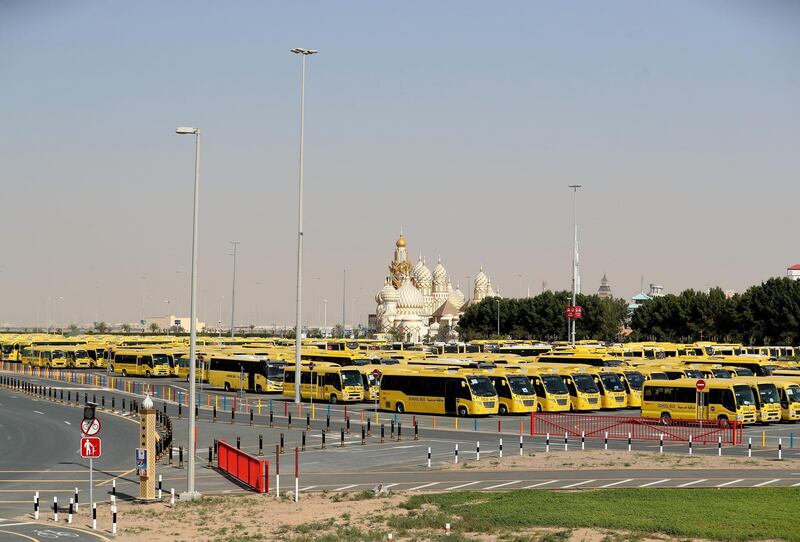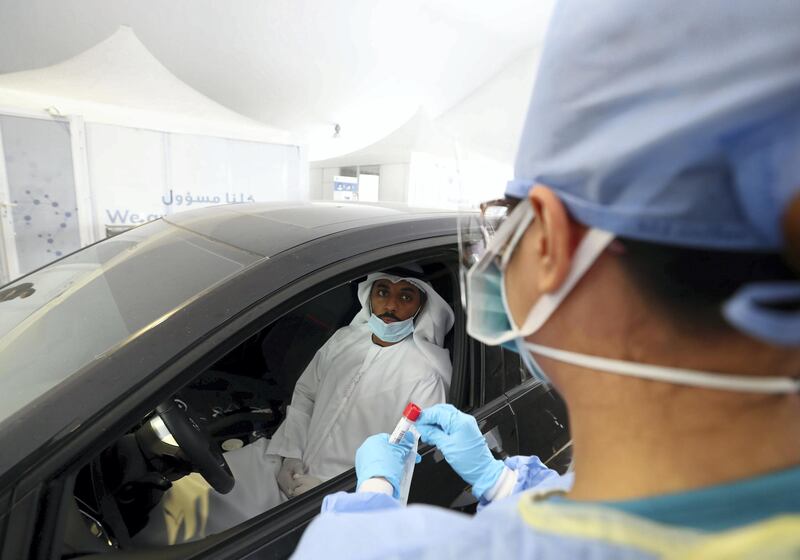Countries around the world are now waging a battle on two fronts to contain the damage of Covid-19. On one track is the fight to stop the spread of the virus and to minimise fatalities. On the other is the struggle to save economies and hard-earned welfare.
For both, the decisions that are made now, under enormous time pressure, will have long-term ramifications. In the short term, containing the spread of the virus rapidly will allow for economic recovery to start faster. But the building blocks of economic recovery, laid in place in the weeks and months ahead, will have a lasting impact on our societies and their future. That is why it is crucial to get the recovery right from the get-go.
The socioeconomic implications of the coronavirus crisis will be “way worse than the global financial crisis” of 2008-2009, as IMF chief Kristalina Georgieva recently recognised. There is an important reason for looking back to that crisis. The Great Recession a decade ago was triggered by greed and bad governance. Governments responded with major stimulus packages and measures to strengthen corporate governance. In hindsight, many feel that bailouts focused too much on companies over people. But economies around the world recovered.
A less remembered outcome of the crisis is the idea of green growth, which was widely promoted by the OECD, World Bank, G8 and G20, among others, as a recovery strategy that would ensure economic growth while benefiting both people and the planet.
Despite scientific consensus confirming that humans are causing global warming, the 2009 Copenhagen climate summit ended in a disastrous failure and delivered a major blow to confidence in multilateralism. Green growth, with its promise of reconciling economic growth with lower emissions, managed to inspire governments as diverse as South Korea, Finland and the UAE to develop strategies for green economic development at a national level.
Halfway through the decade, I co-edited a book examining prospects for green economies in the Gulf. We highlighted that a dramatic change in course was needed globally to keep us within a safe operating space, respecting the Earth’s limits for biodiversity loss, climate change or freshwater use.
We predicted that “the time of ‘brown’ economies may be over much sooner than the world’s top oil exporters are willing to admit.” We also highlighted the benefits of clean energy, sustainable cities and just workforce transitions. Much progress has been made since.
At the same time, today we are still far from a global green economy, with emissions and biodiversity destruction at record highs. On top of this, we are faced again with a major crisis triggered by greed and bad governance – this time as a perfect storm of ecosystem disruptions, wildlife trafficking, and misguided agricultural policies. And, as a decade ago, we have now started to hear calls for green recovery.
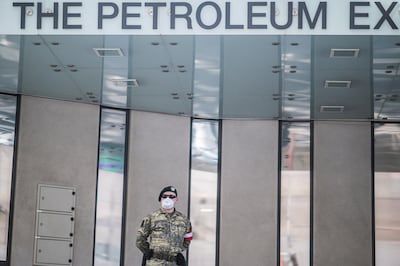
References to economic stimulus measures that support Green Deals are multiplying in the US and Europe. But there are also indications of upcoming bailouts for auto industries and relaxations of pollution regulations, which would take us in the wrong direction.
The time of ‘brown economies’ is not yet over. Oil demand will rise sooner or later as, unlike the global energy transition required to avert a climate catastrophe, the impact of the coronavirus crisis on overall energy demand will largely be temporary.
The current crisis, however, provides an important moment of reflection for countries regarding their energy policies, which could have long-term ramifications for fossil fuels. Here in the Gulf, governments have a golden opportunity to reinforce policies that prepare the region’s economies for the post-oil era.
Let it be clear, as stressed by the UN environment chief Inger Andersen, “Covid-19 is by no means a ’silver lining’ for the environment.” The air is now cleaner, and scientists suggest 2020 could see a several percentage point drop in global carbon dioxide emissions. But if economic stimulus packages are designed to support polluters, this could become a mere blip on an upward trajectory. The UN estimates that limiting global temperature rise to 2°C, which is considered as the ultimate safe limit, requires emissions to fall by 2.7 per cent per year through 2030. And this obviously needs to happen without severe restrictions to movement and disruptions to markets.
The coronavirus has forced us to pause. It is creating havoc and tragedy on many levels. Although it has no silver linings, it gives us a chance to revisit lessons of the past to rebuild something better. Metaphorically, as for us as individuals, for economies too it is time for self-reflection and housecleaning. This way, we can all re-emerge as improved versions of ourselves when life returns to normal.
A powerful lesson of the 2008 financial crisis for all countries is that good intentions to build more sustainable and inclusive economies can easily get side-lined when structures and incentives prioritising economic growth over environmental and social sustainability are allowed to rebound.
Fortunately, over the past decade, many countries have already figured out their roadmaps to green economies. Thanks to the private sector, clean technologies and solutions have multiplied and become cost-effective. People are better educated about the environmental externalities of our consumption. And, most promisingly, we now have tangible evidence of our collective ability to change course when needed. Hopefully, building green economies will require far fewer sacrifices and bring lasting benefits.
Mari Luomi is an expert on climate policy in the Gulf
